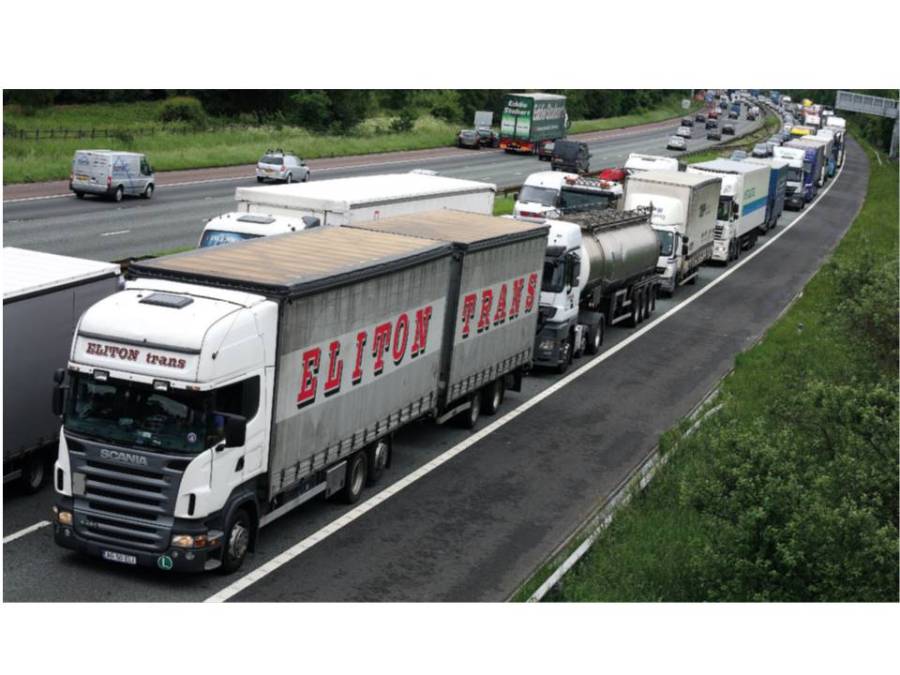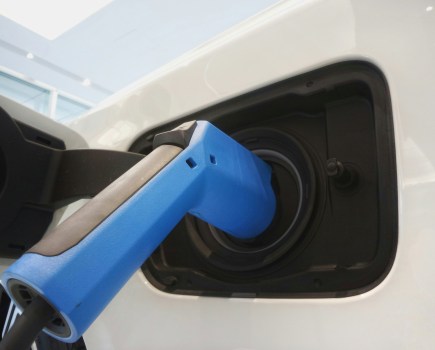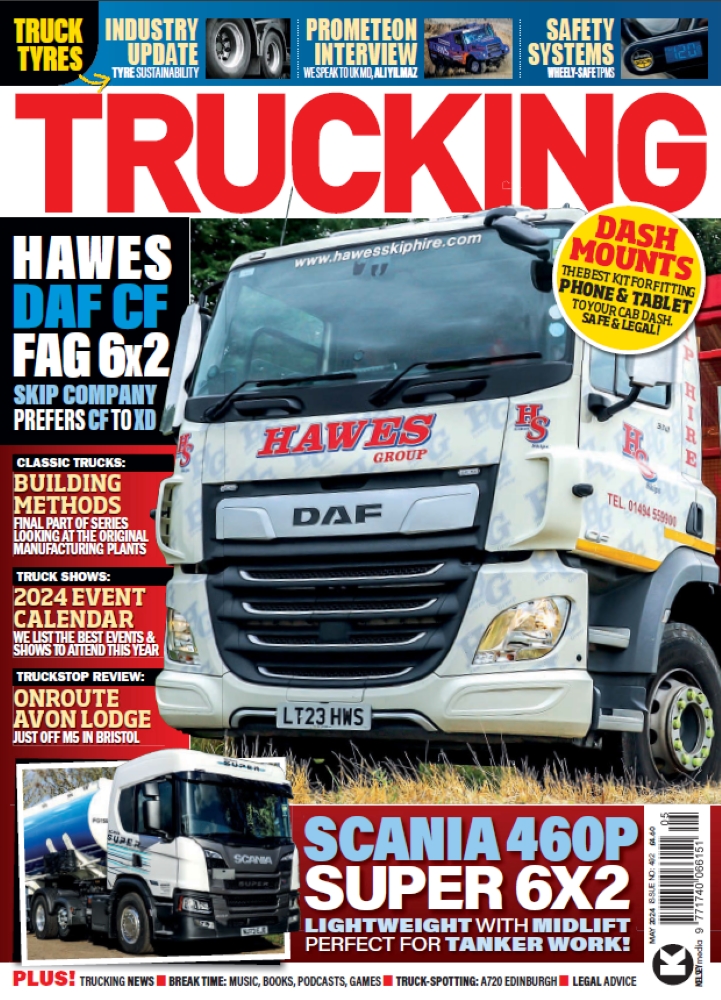Ministers should ban the sale of new diesel trucks by “no later” than 2040, according to a new report by the National Infrastructure Commission (NIC).
The development of hydrogen and battery HGVs is already well advanced and vehicles are expected to be commercially available in the early 2020s, the report argued.
Sir John Armitt, the Commission chairman, said the move was necessary to provide the freight industry with “the certainty it needs to invest in new, green technologies and prepare for an environmentally friendly future”.
The ban on new sales of diesel HGVs should also be part of wider efforts to support the entire road and rail freight industry to become carbon-free by 2050, and also to help ease worsening congestion, NIC said.
It added measures should include the government “setting a clear framework for freight at all levels of the UK’s planning system to ensure the needs of the sector are considered in land use, local plans and new developments”.
The report recognised the UK freight industry is one of the most efficient and competitive in the world, using road, rail, air and sea “to maximise its effectiveness in the face of capacity and technical constraints”.
In 2016, the road and rail freight industry moved 1.4 billion tonnes of goods. But with the increase in same-day delivery services, just-in-time manufacturing processes and internet shopping, demand on the sector is set to grow, NIC warned.
The report reckoned over the next 30 years, heavy freight transport in the UK is expected to increase by at least 27 per cent – and could rise by as much as 45 per cent.
And the number of miles covered by vans delivering goods could increase by as much as 89 per cent over the same period.
With the industry facing high levels of competition and tight profit margins, the NIC report suggested planning well in advance can reduce the cost of transition.
But without government action, it warned congestion and emissions are likely to worsen.
It recommended ministers should set out within the next two years how they plan to
ban all sales of new diesel HGVs by 2040 and begin preparing the nation’s infrastructure for the required transition.
“Whether it’s retailers, manufacturers or each of us as consumers, we all rely heavily on our freight industry,” said NIC chair, Sir John Armitt. “As one of the most efficient in the world, it rarely fails to deliver.
“But we are paying the price for this miracle of modern service through the impact on our environment and air quality, and through congestion on our roads. Government must act to help businesses tackle these issues,” he concluded.






